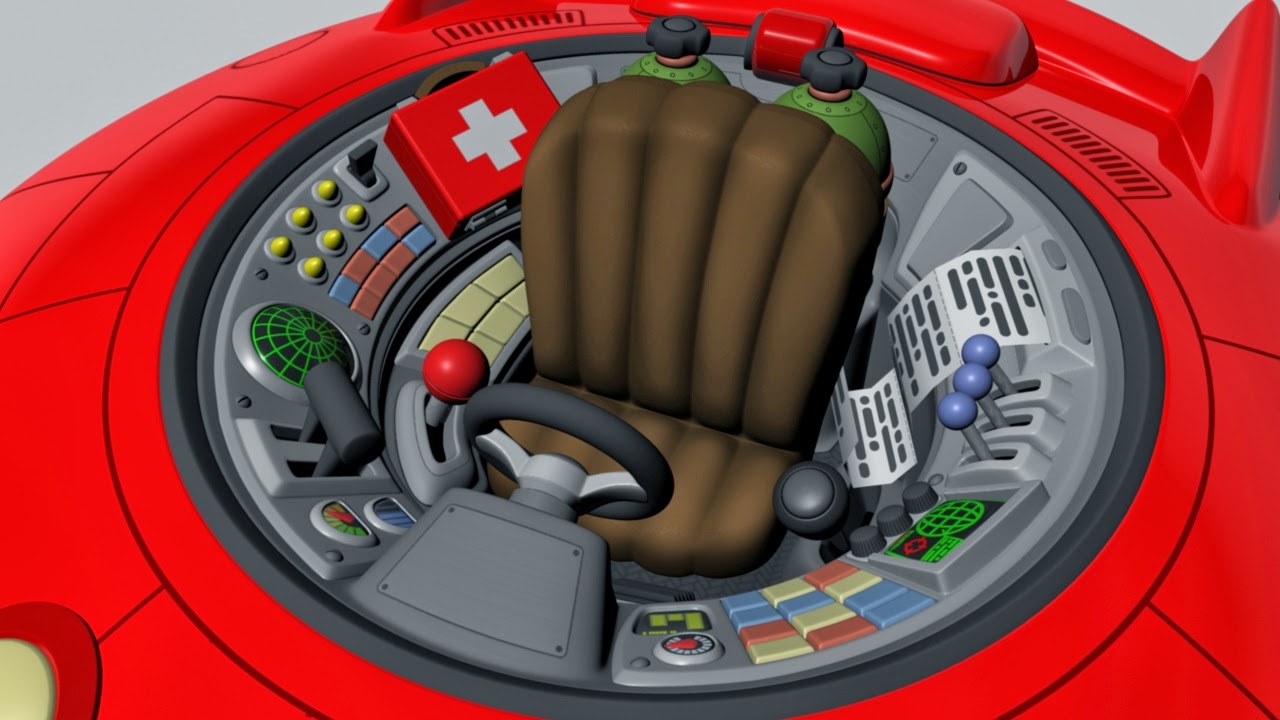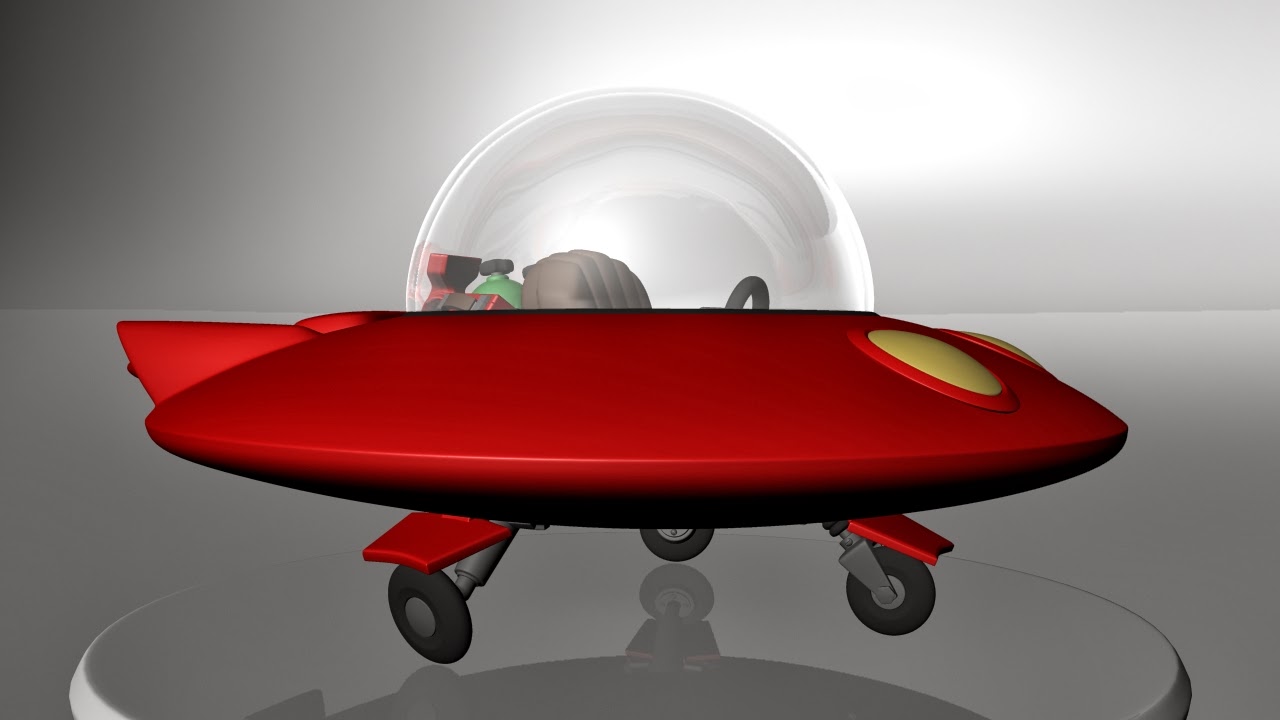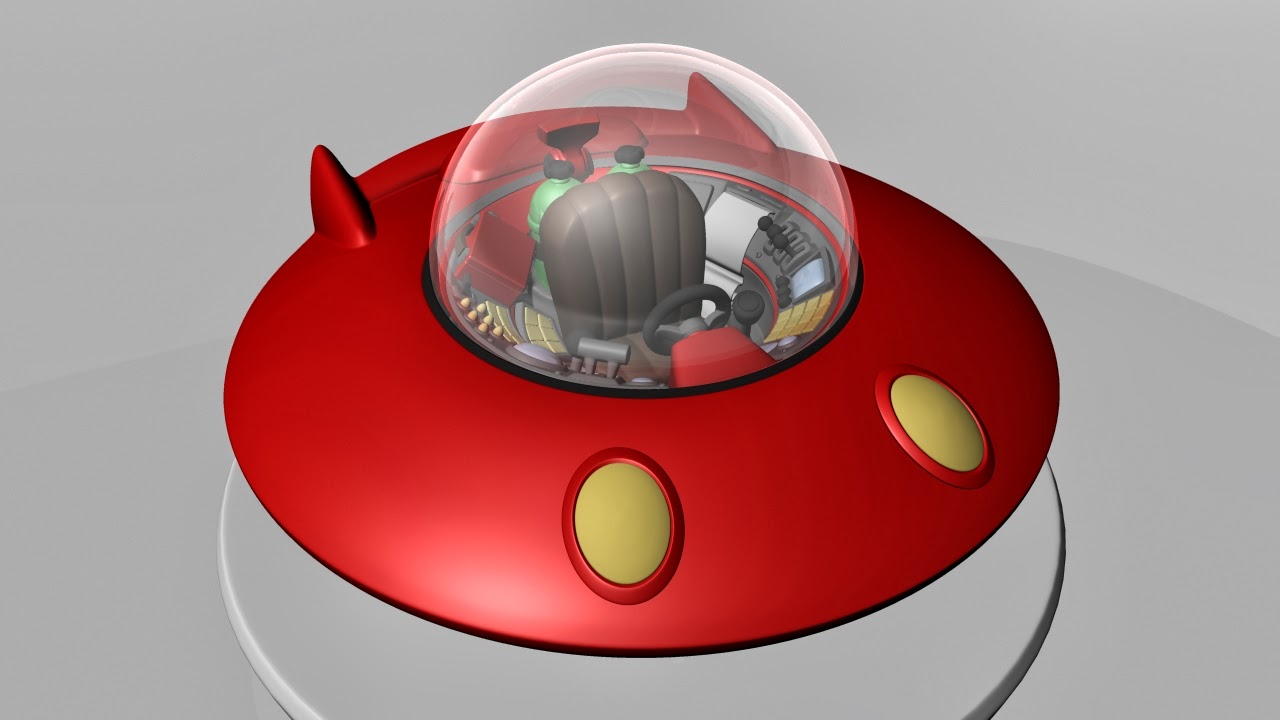I've been reading "Distrust That Particular Flavor", a compilation of William Gibson's non-fiction essays, articles and talks. It's an interesting read for many reasons, but in particular for the insight it gives into Gibson's feelings towards non-fiction writing, i.e. his being utterly unqualified to do it, and the sense he has of having to hijack his mental fiction-writing toolset in order to use it for a task it's not actually designed for. He uses a great analogy - being paid to solo on a musical instrument only vaguely related to one he actually knows how to play.
Despite that, his non-fiction is mostly really good. This is my first time reading most of it. There's definitely an obvious growth in skill and confidence. Some of the early pieces are a bit unwieldy, while many of the later ones fall into a confident and expressive rhythm that is a pleasure to read, and distinctly Gibson.
He also talks about how utterly unprepared and ignorant he felt when he first set out to write novels, and of the many false starts and aborted attempts before and between the manuscripts that eventually become the novels we know. And then the anxiety of actually writing the novels. My favorite expression of that actually comes from the Q&A section on his now-defunct blog, where someone asks him which novel he enjoyed writing the most and the least. To which he answers:
"They're all equally if differently painful, and each one seems, at some point, to me, to be not only a very bad novel, but the worst novel ever written. That crisis, I've learned, indicates that I'll be finished soon, and that the worst is over. But knowing that doesn't seem to decrease that devastating and absolute conviction of utter failure."
I love that turn of phrase, "the devastating and absolute conviction of utter failure". Could any sentence better encapsulate the artist's inner struggle against self-doubt? It's also amazing to learn that the "father of cyberpunk" most of the time felt like he didn't know what the hell he was doing and also felt that he was terrible at it.
Anyway, I highly recommend the read. Even if you've read these articles already, the brief afterwords that follow each, where Gibson comments and reflects on the preceding piece of writing, are fascinating, illuminating and amusing in their own right.













